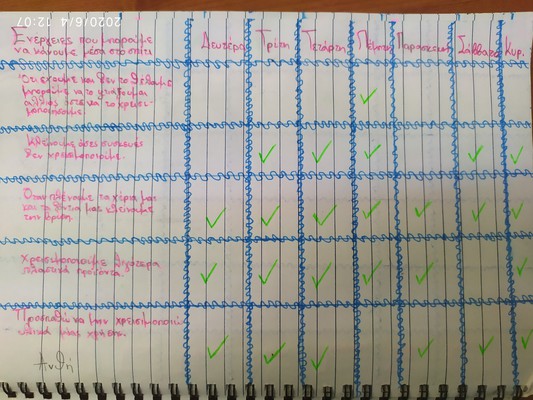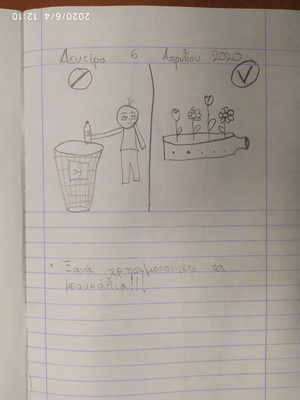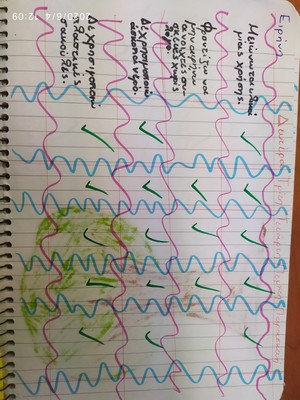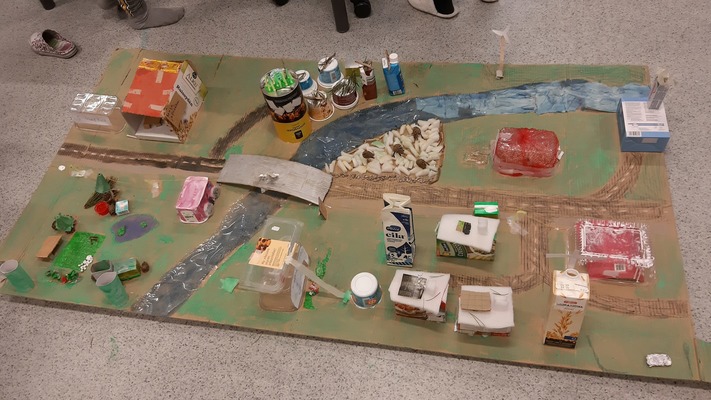 Finland: Ecological cities
Finland: Ecological cities
4B class made two ecological cities. We interviewed first a city planning architect about ecological city planning and ecological construction. Then we built two towns with these guidelines: people live close to each other in buildings made of wood (wood ties carbon), solar, wind and waterpower make the energy, there is a tram and bicycle roads out of the town, good recycling points to sort out the trash, second hand shops to recycle object and clothes, green gardens around and also on the top of the houses, farms nearby to buy local food, green, nice parks in the town center and all necessary services.
The towns were made of recycled materials.
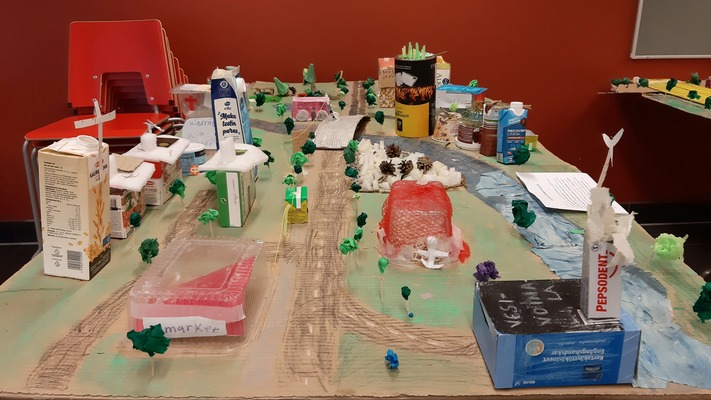
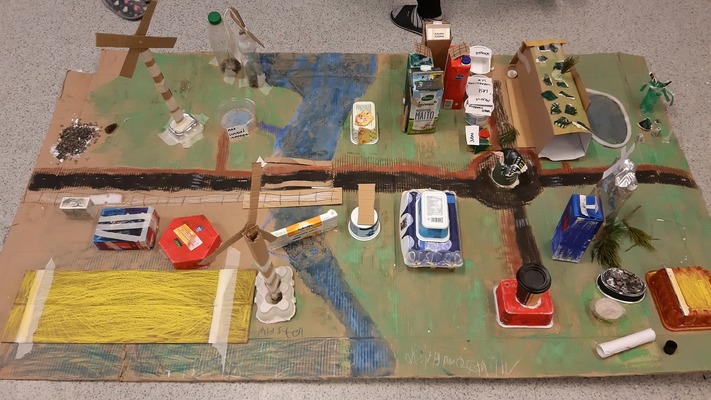
Romania
The pandemic did not stop the development of the project and the achievement of the proposed objectives. In the online lessons, the 3rd grade students, coordinated by Adriana Lefter, identified the characteristics of a green, ecological city and how important it is to be organized, clean and sustainable. Each in the lr houses, the students created cities from natural, recyclable materials and presented them at their colleagues' meetings.
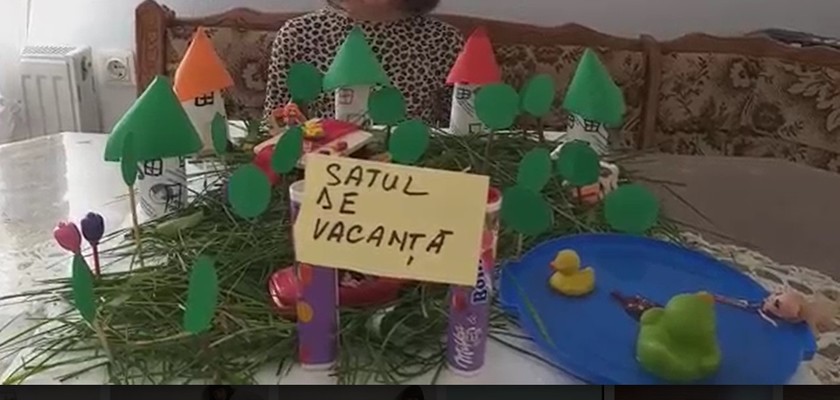
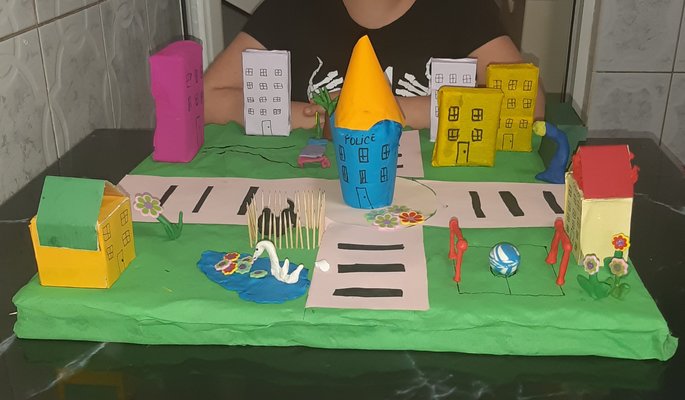
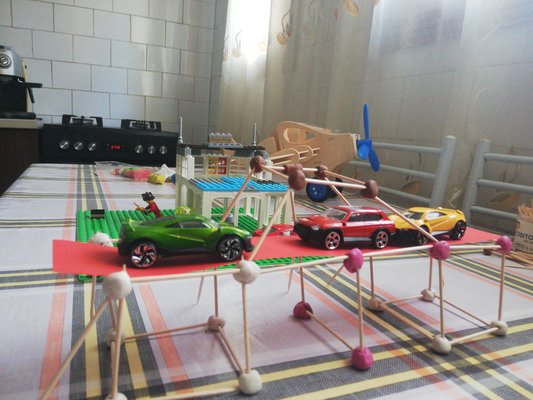
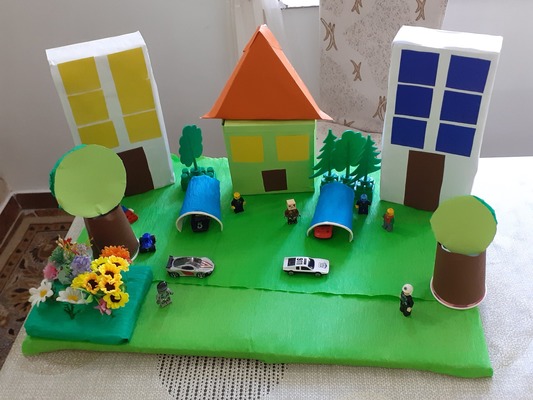
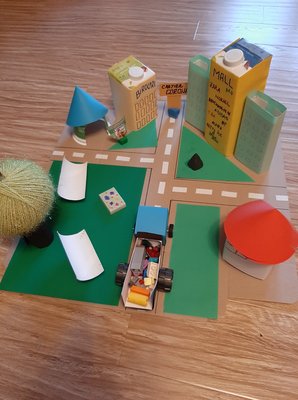
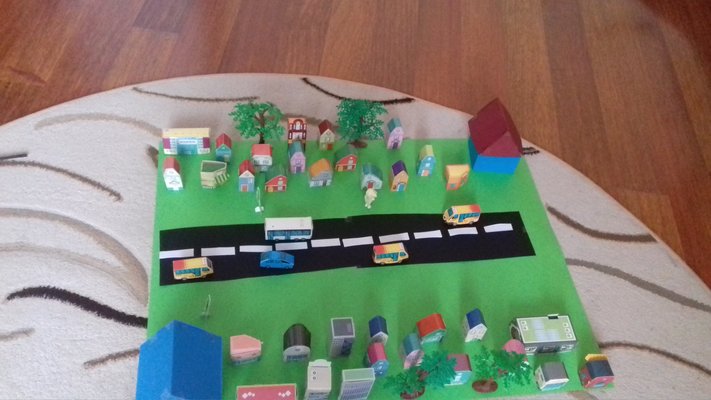
Cyprus: Sustainable Housing
As part of the Erasmus + program "Take care! Sustainable children - sustainable Earth" and the ATS STEM program, the 6th graders constructed sustainable homes with features that enhance their energy efficiency.
The 6th graders constructed sustainable homes with features that enhance their energy efficiency. The video game "Minecraft Education Edition" was used.
5th graders created infographics about energy
5A, Teacher Simone Photiou
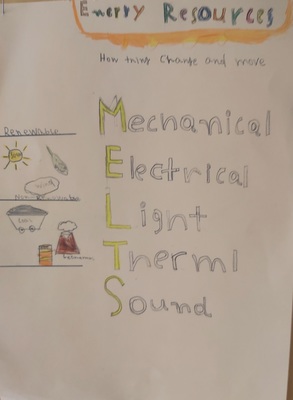
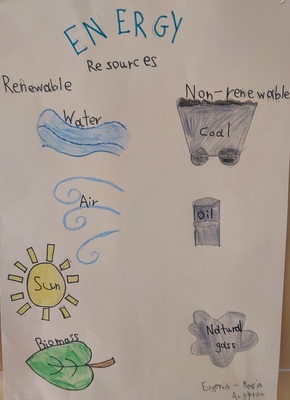
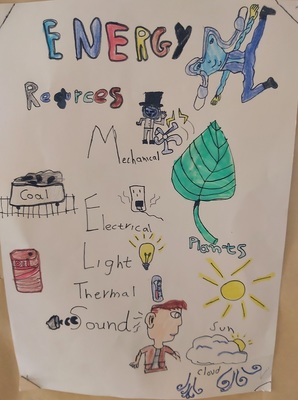
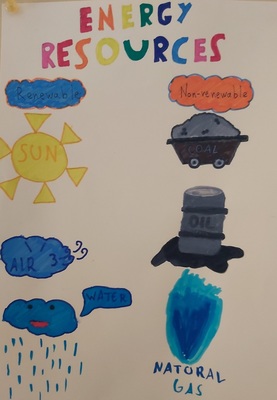
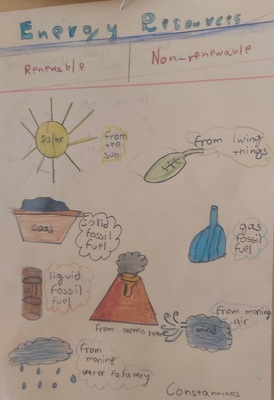
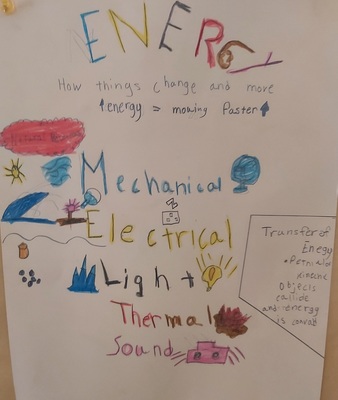
Finland
Preschoolers discussed the ways to save energy:
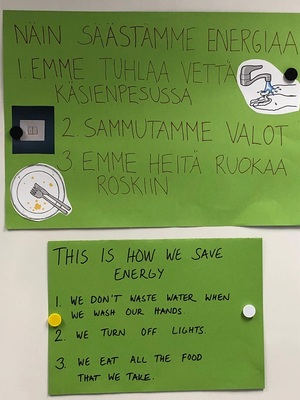
Preschoolers followed the loss of food during a week.
Those pupils who had eaten all of food coloured one square.
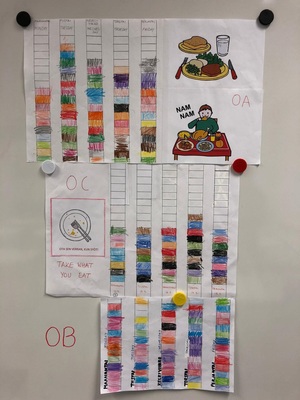
Greece
Lockdown activities
https://www.slideshare.net/ichalkia/diary-235140062
During the quarantine, students of the environmental team made a diary for each week. They recorded on the left, actions that they can take at home that contribute to the protection of the environment, energy saving and the avoidance of climate change. They checked daily which of them they applied.
